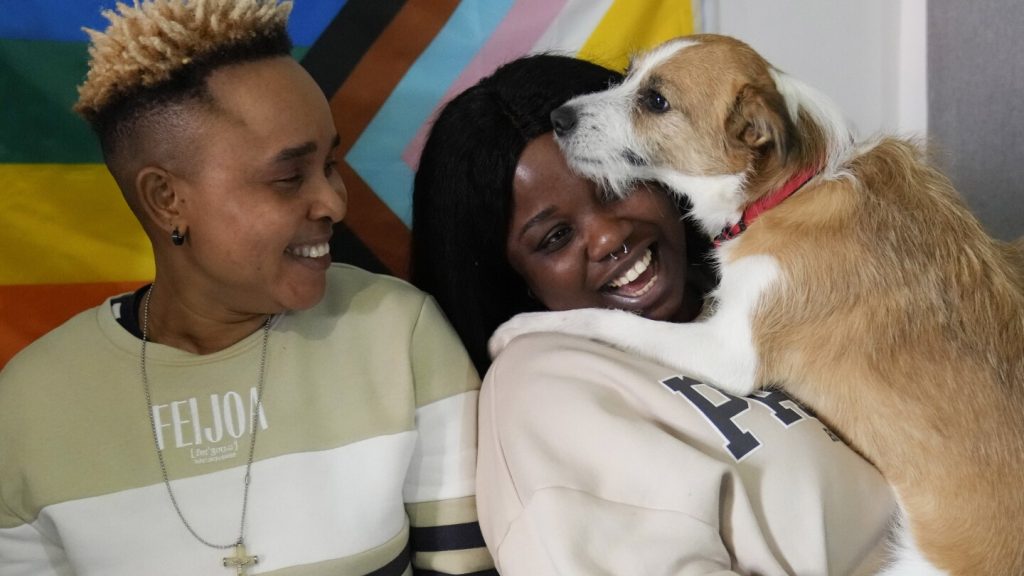Ella Anthony, a Nigerian woman, fled her country due to threats of imprisonment and violence after escaping an abusive forced marriage and revealing her sexuality. Together with her partner, Doris Ezuruike Chinonso, she sought asylum in Italy, citing a fear of anti-LGBTQ+ persecution in Nigeria. More LGBTQ+ individuals are fleeing their home countries in Africa and the Middle East to escape imprisonment and death sentences based on their sexual orientation or gender identity. Despite challenges, Anthony and Chinonso’s successful asylum claim highlights the struggles faced by “rainbow refugees”.
While European countries do not track statistics on migrants seeking asylum due to anti-LGBTQ+ persecution, organizations report a rising number of requests for assistance from LGBTQ+ individuals fleeing their countries where homosexuality is illegal. Over 60 countries have anti-LGBTQ+ laws, predominantly in Africa, the Middle East, and parts of Asia. Organizations like Rainbow Railroad provide support to LGBTQ+ individuals seeking asylum, with a significant increase in requests in recent years.
Anthony’s decision to leave Nigeria was driven by the threat of prison and violence she faced due to her sexuality. After traveling to Italy via Libya, she and Chinonso claimed asylum as members of a persecuted group based on their sexual orientation. However, the asylum process for LGBTQ+ individuals is challenging, with limitations on questioning and a lack of understanding from interviewers. Diversity in asylum approval rates exists across EU countries, with some granting special protection for LGBTQ+ asylum seekers.
Special protections for LGBTQ+ asylum seekers in the EU vary, with different levels of support available in each country. Women and lesbians leaving Africa are particularly vulnerable, facing challenges like poverty and exploitation due to lack of support and legal punishment for their sexuality. Anthony and Chinonso, now living in Rieti, Italy, are grateful for the opportunity to start a new life, working in social services and at a supermarket. Despite Italy not allowing gay marriage, the couple is optimistic about their future.
The lack of special protections in Italy impacts LGBTQ+ migrants, especially women, who may face dangerous situations like prostitution and exploitation. The couple considers themselves fortunate to have found safety and opportunities in Italy, dreaming of starting a family despite legal barriers. Their story sheds light on the struggles faced by LGBTQ+ individuals seeking asylum in Europe and the importance of providing support and protection for this vulnerable population.


